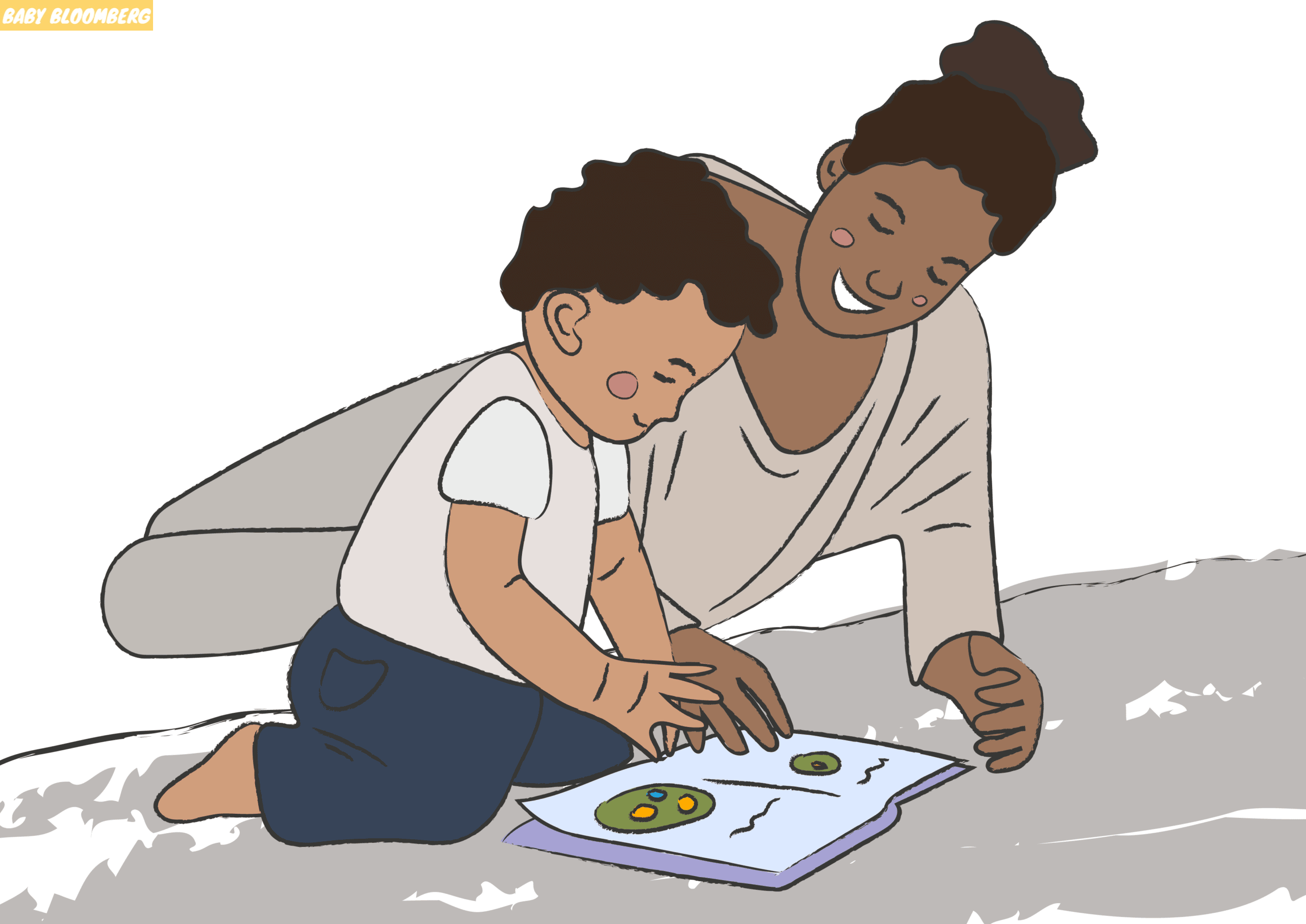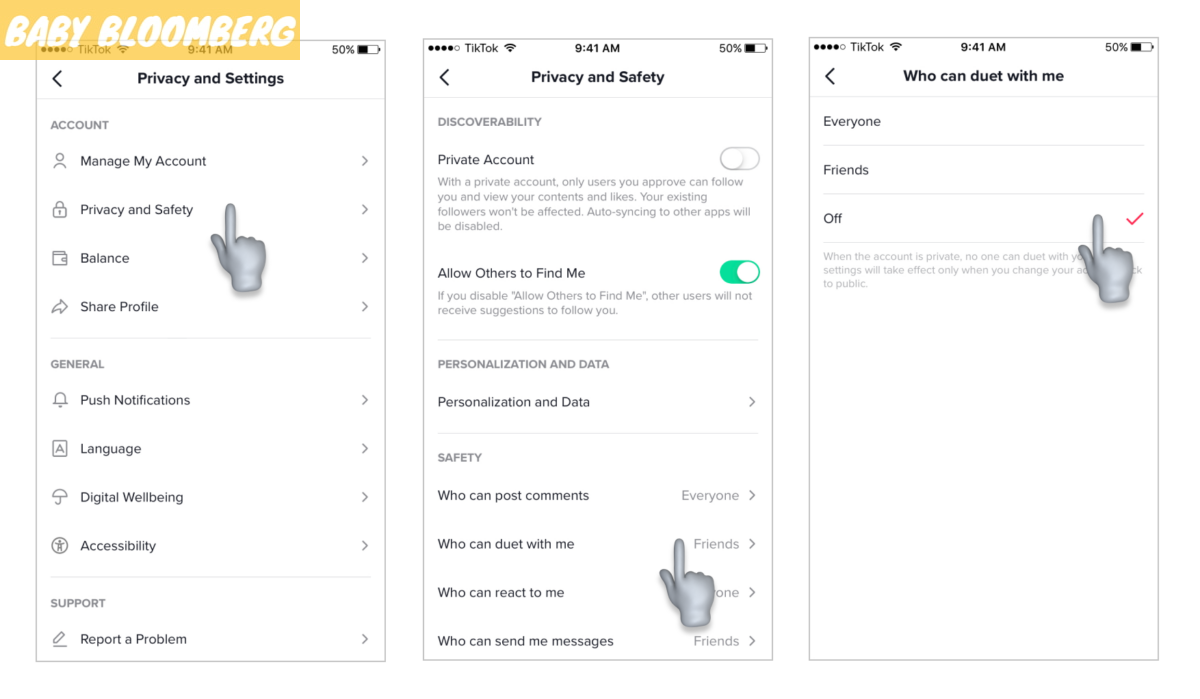The development of numeracy skills in toddlers is a fascinating and important topic. Many parents are curious about when their children will start to count and recognize numbers. In this article, we will explore the milestones and activities that can help toddlers develop their counting skills. We will also provide insights and information based on personal experiences and credible sources.
Milestones in Early Numeracy Development
Exploring Quantity
Toddlers begin to understand the concept of quantity at a very early age. By the age of 18 months, most children can start to demonstrate basic understanding of numbers and counting. They may be able to identify and name a few numbers, especially those that are part of their daily routines, such as “one,” “two,” and “three.” It is important to note that each child is unique and may reach these milestones at slightly different times.
Recognizing Numbers
At around 18 months old, toddlers may also start to recognize numbers visually. They may point to numbers they see in their environment, such as on street signs or in books. This ability to recognize numbers is an important precursor to counting and can be nurtured through various activities and games.
Counting Activities for Toddlers
Counting Objects
One of the most effective ways to help toddlers develop their counting skills is through counting objects. Provide your child with a variety of objects, such as blocks, toys, or snacks, and encourage them to count them out loud. You can start with small quantities, such as counting up to three or five, and gradually increase the number as your child becomes more comfortable.
Number Songs and Rhymes
Singing number songs and rhymes is a fun and engaging way to introduce numbers to toddlers. There are many popular nursery rhymes that involve counting, such as “Five Little Ducks” or “Five Little Monkeys Jumping on the Bed.” Singing these songs together can help reinforce number concepts and make learning more enjoyable.
Number Recognition Games
There are also numerous games and toys available that can help toddlers recognize numbers. For example, you can use flashcards or number puzzles to help your child identify different numbers. Make the learning process interactive and enjoyable by turning it into a game. You can ask your child to find a specific number among a set of cards or pieces, helping them develop their number recognition skills.
Teaching Counting to Toddlers
One-to-One Correspondence
When teaching toddlers to count, it is important to focus on one-to-one correspondence. This means that each object or item should be assigned one number, and vice versa. As your child counts, encourage them to touch or move each object as they say the corresponding number. This helps reinforce the concept that each number represents a specific quantity.
Everyday Counting
Incorporating counting into everyday activities can also help toddlers learn and practice their counting skills. For example, when setting the table, you can ask your child to count the number of plates or utensils. Similarly, during bath time, you can ask them to count how many rubber ducks they have. By integrating counting into daily routines, you can make it a natural part of your child’s learning experience.
Developing Number Sense in Toddlers
Quantity Comparisons
As toddlers continue to develop their counting skills, they can also begin to understand the concept of more and less. You can encourage their number sense by asking questions such as, “Do you have more blocks or more cars?” This helps them develop an understanding of the relationship between quantities and supports their overall numeracy development.
Spatial Awareness
Spatial awareness is another important aspect of number sense. Encourage your child to arrange objects in different patterns or formations, such as lining up blocks or arranging toys in groups. This helps develop their spatial awareness and lays the foundation for more advanced numeracy skills in the future.
Counting Skills in Early Childhood
Number Concepts
As toddlers grow and develop, their counting skills will continue to evolve. By the age of three or four, most children can count up to ten or even higher. They start to grasp more complex number concepts, such as counting backwards or skip counting. This is an exciting time in their numeracy development and provides a solid foundation for further learning.
Mathematical Language
In addition to counting, toddlers also begin to acquire mathematical language during their early childhood years. They start to understand concepts such as “more,” “less,” “equal,” and “none.” By using mathematical language in everyday conversations and activities, you can help reinforce these concepts and further enhance your child’s numeracy skills.
Frequently Asked Questions
Q: Is it unusual for an 18-month-old to count to ten?
A: While it may be less common for toddlers to count to ten at 18 months, it is not unheard of. Every child develops at their own pace, so it is important to focus on their individual progress rather than comparing them to others.
Q: How can I encourage my toddler to enjoy counting?
A: Make counting a fun and interactive experience by incorporating it into games, songs, and everyday activities. Celebrate your child’s milestones and offer positive reinforcement to keep them engaged and motivated.
Q: What if my toddler doesn’t show an interest in counting?
A: Don’t worry if your toddler doesn’t show immediate interest in counting. It is normal for children to develop skills at different rates. Continue to provide opportunities for counting and numeracy development without putting pressure on your child.
Q: When should I be concerned if my child is not counting?
A: If your child is significantly delayed in their numeracy development or shows no interest in counting by the age of three or four, it may be helpful to consult with a pediatrician or early childhood specialist for further evaluation and guidance.
Q: Can I use electronic devices or apps to help teach counting?
A: While electronic devices and apps can be useful tools for learning, it is important to strike a balance and provide a variety of hands-on experiences as well. Use technology as a supplement, not a replacement, for real-world counting activities.
Q: How can I continue to support my child’s numeracy development as they grow older?
A: Keep providing opportunities for counting and exploring numbers as your child grows. Engage in mathematical discussions, provide math-related toys and games, and encourage curiosity about numbers in everyday situations.
Conclusion
The development of counting skills in toddlers is an exciting journey that sets the foundation for future numeracy and mathematical understanding. By engaging in activities and games that promote counting, number recognition, and number sense, parents can support their children’s early numeracy development. Remember that each child develops at their own pace, and it is important to provide a positive and supportive learning environment.











